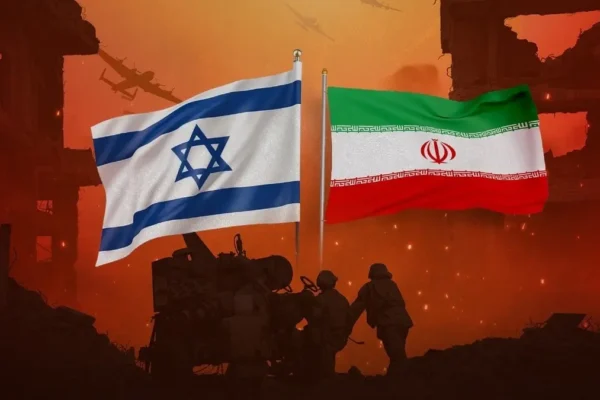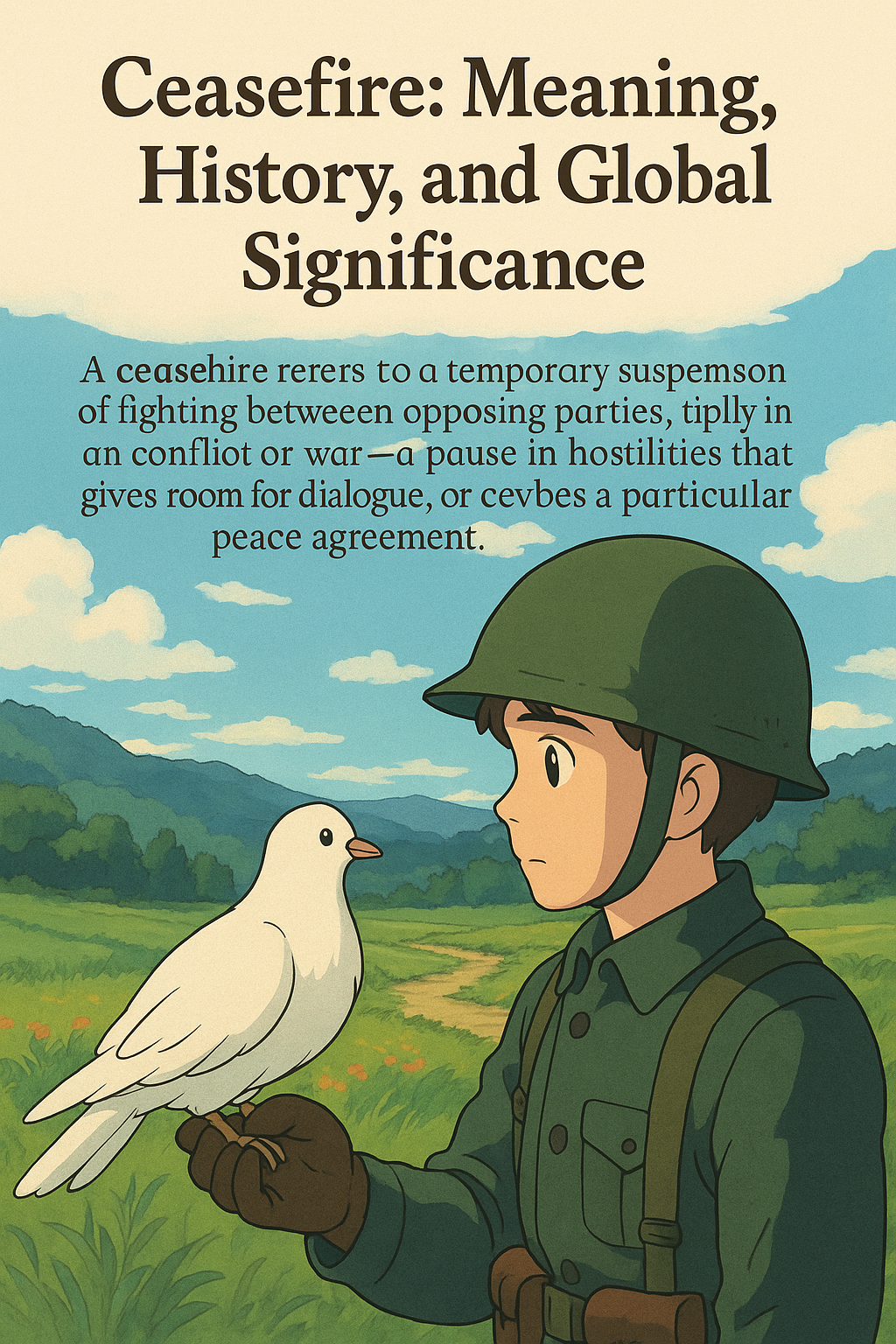In the early hours of May 7, 2025, the fragile peace between India and Pakistan was shattered as India launched “Operation Sindoor,” a series of precision missile strikes targeting nine locations in Pakistan and Pakistan-administered Kashmir. This action was in retaliation for the April 22 terrorist attack in Pahalgam, where 26 Hindu tourists were killed—a massacre attributed to the Resistance Front, an offshoot of Lashkar-e-Taiba
India’s strikes aimed at dismantling terrorist infrastructure linked to groups like Lashkar-e-Taiba and Jaish-e-Mohammed. However, Pakistan reported civilian casualties, including women and children, and damage to religious sites . In response, Pakistan claimed to have shot down several Indian aircraft and initiated retaliatory shelling, leading to further civilian deaths on both sides .
This escalation underscores the long-standing tensions over the disputed region of Kashmir, a conflict that has led to multiple wars and countless skirmishes since 1947. The recent events have drawn international concern, with calls for restraint from global leaders and organizations .
While nations have the right to defend their citizens, history has shown that war often leads to a cycle of violence, economic hardship, and human suffering. The path to lasting peace lies not in military might but in diplomacy, mutual understanding, and a commitment to development. By focusing on dialogue and cooperation, India and Pakistan can work towards a future where prosperity and peace prevail over conflict.
In conclusion, the recent events serve as a stark reminder that war is not the solution. It is imperative for both nations to prioritize peace and development, ensuring a better future for their citizens and the region as a whole.








